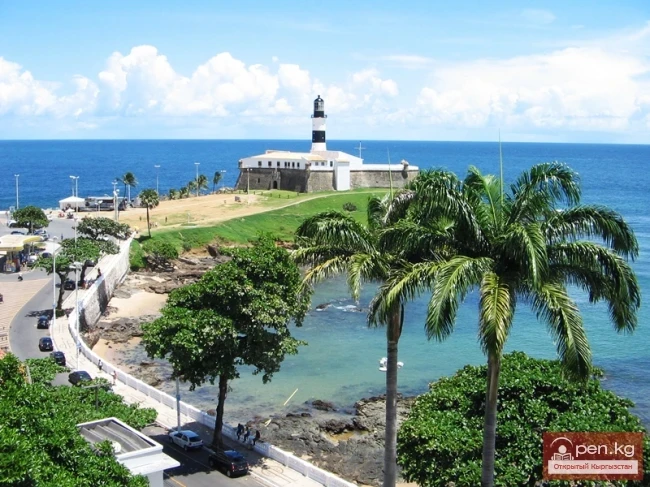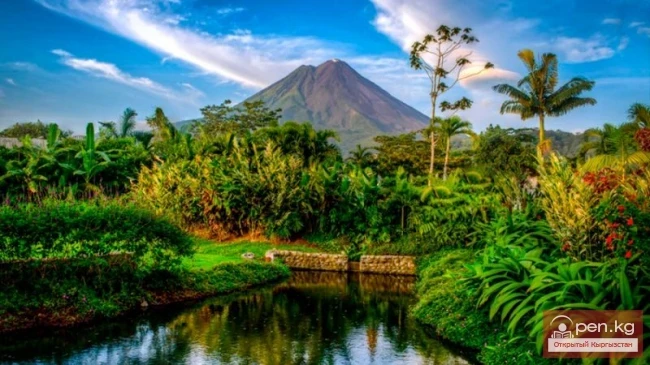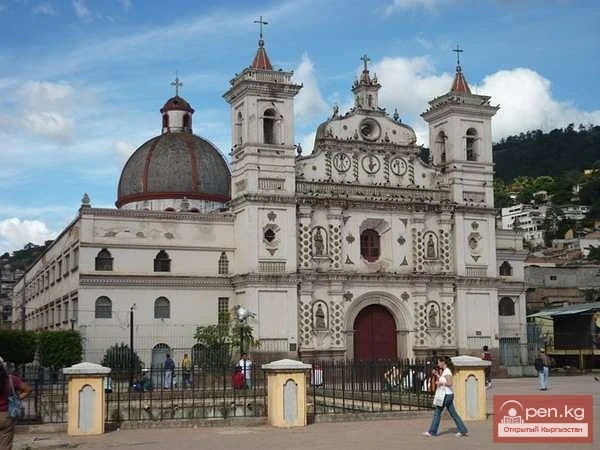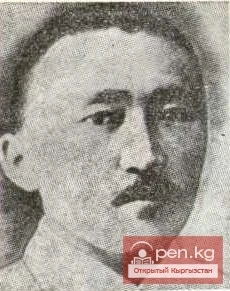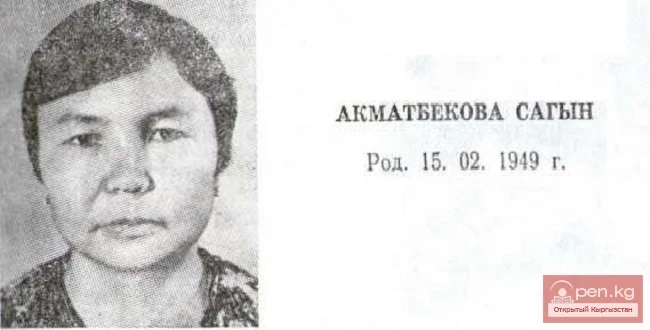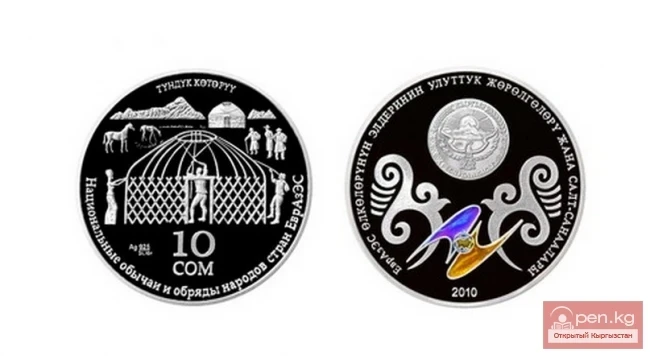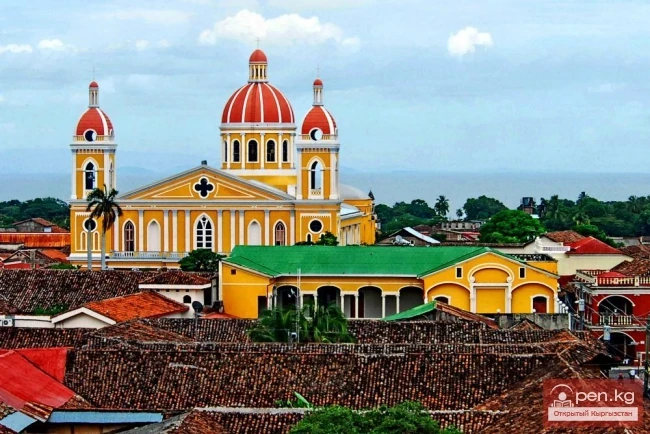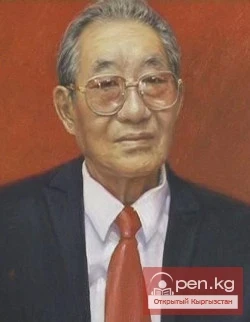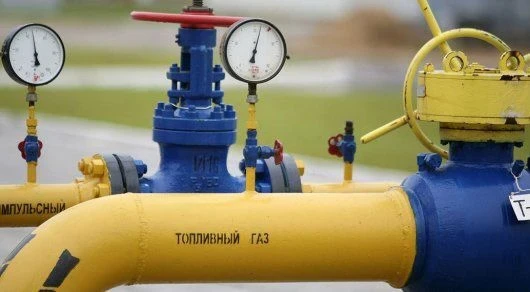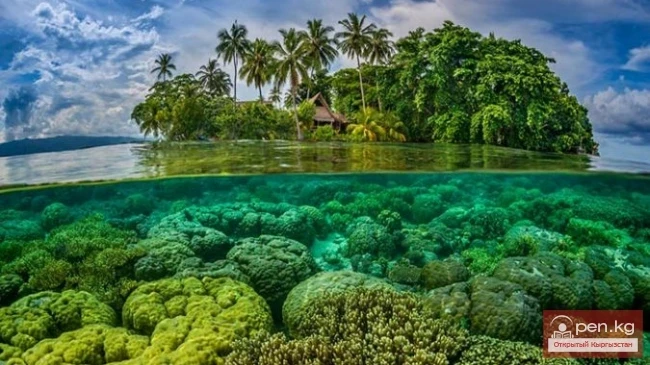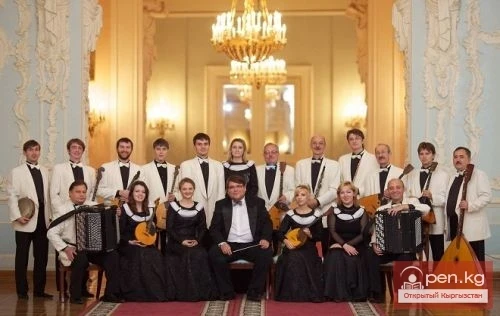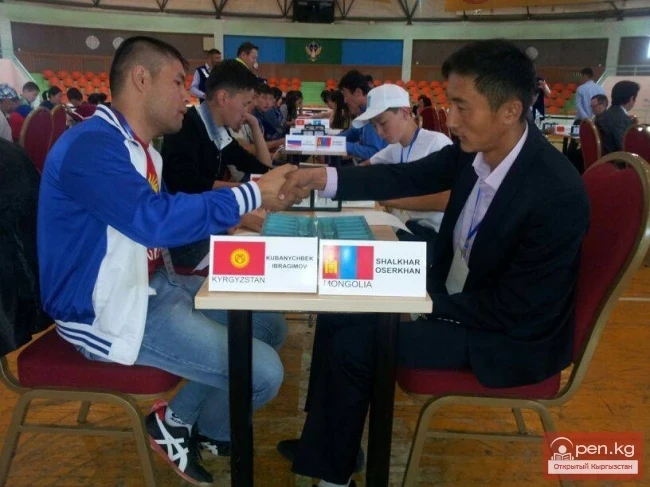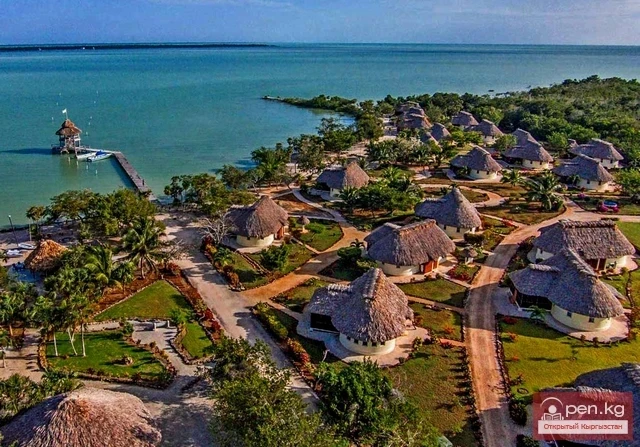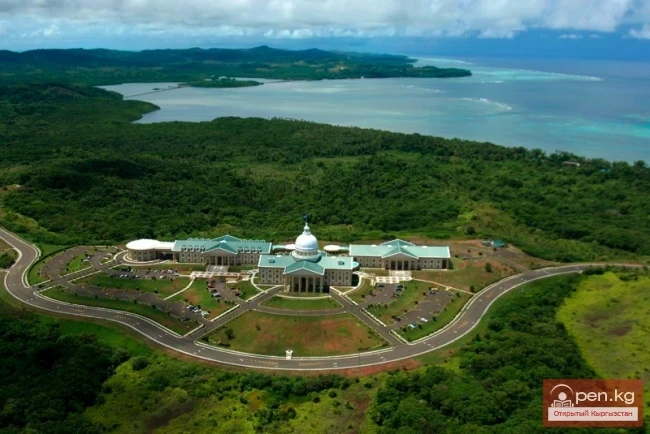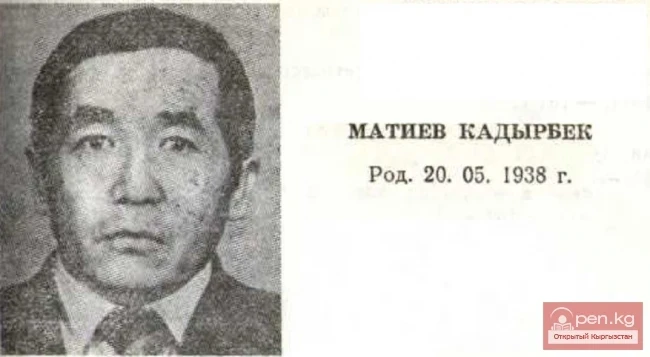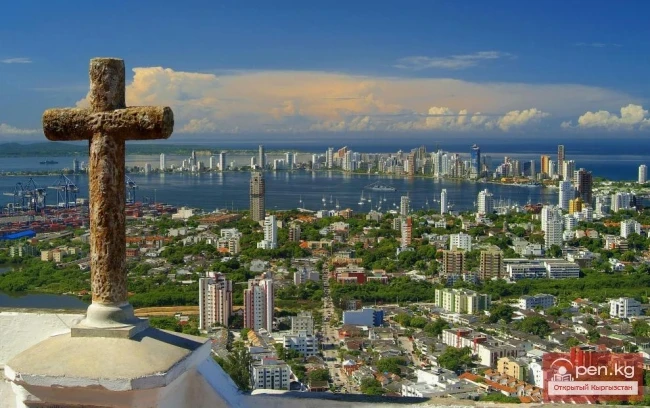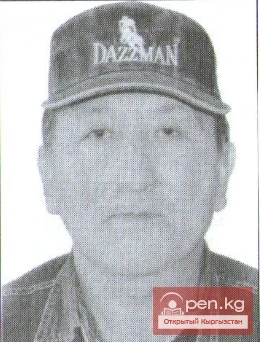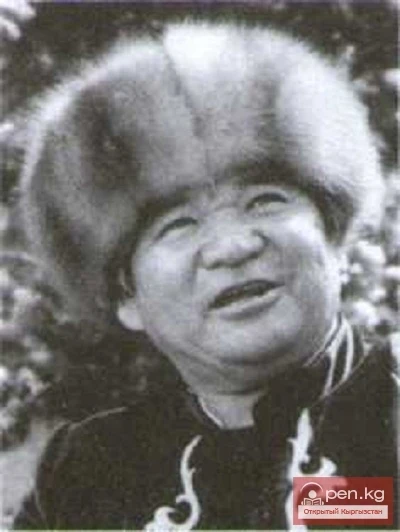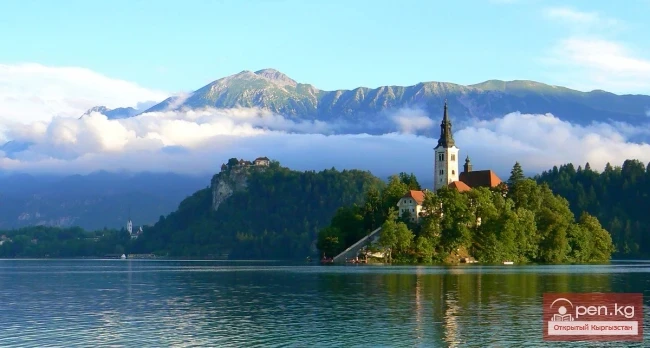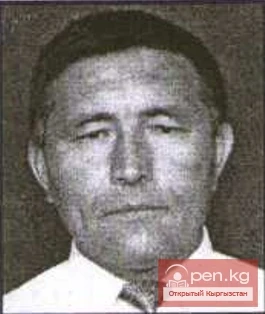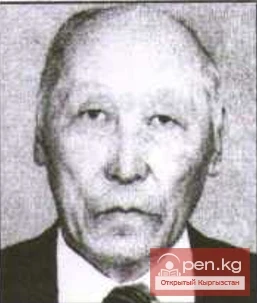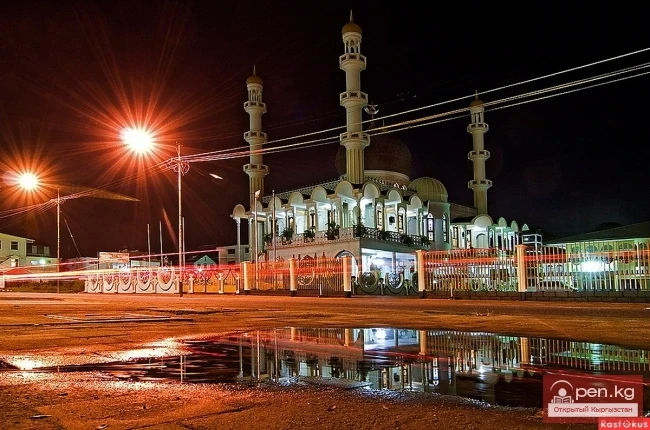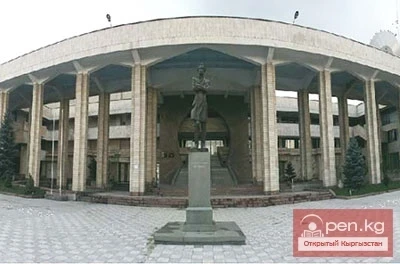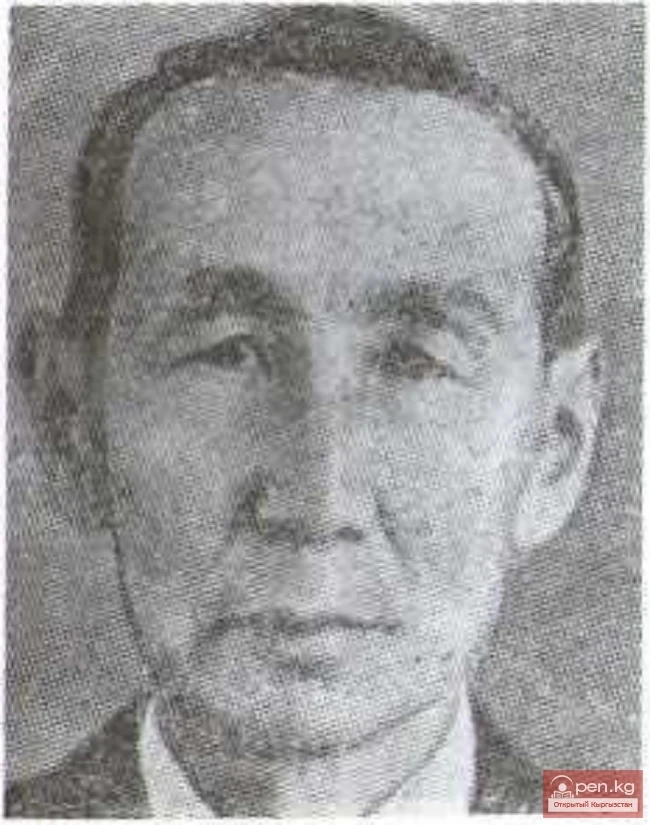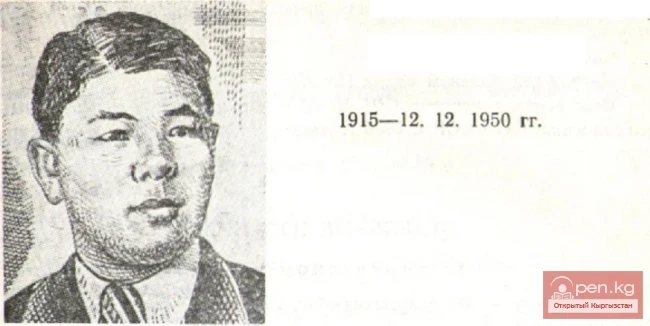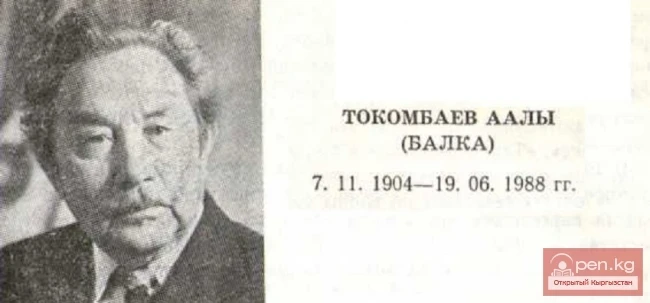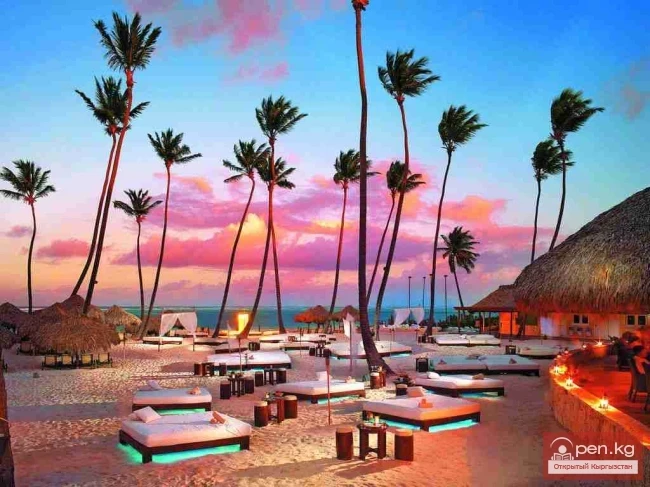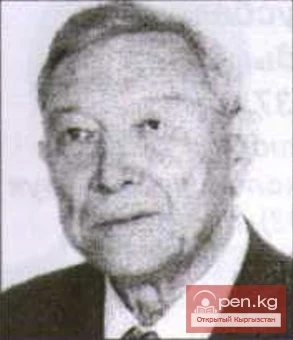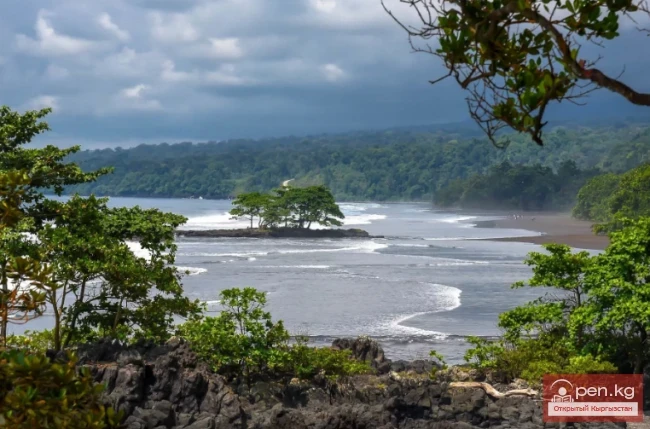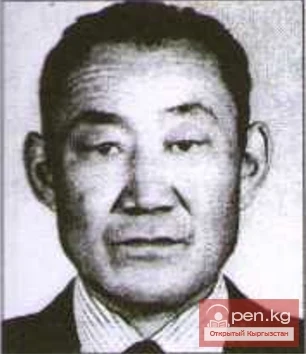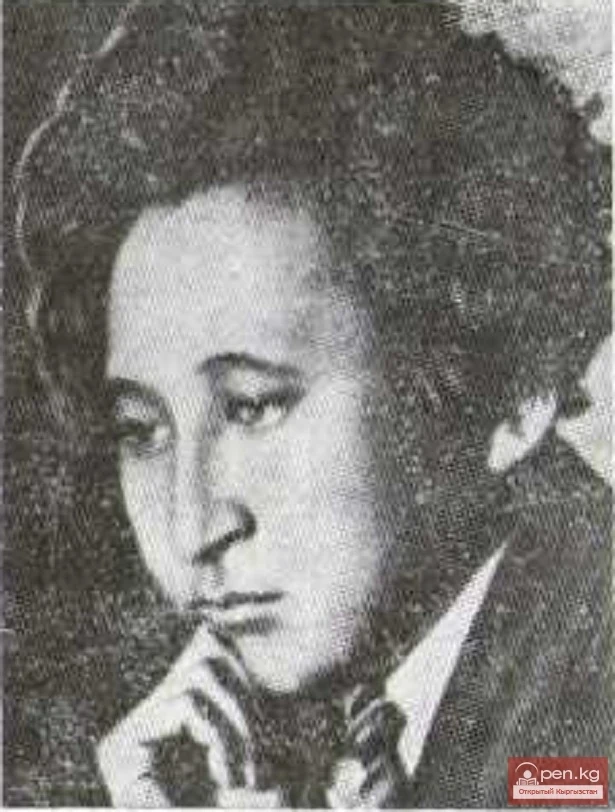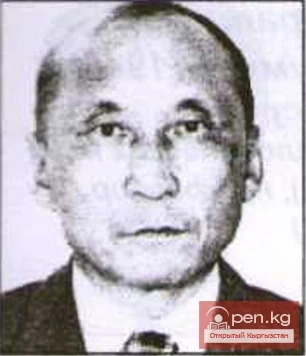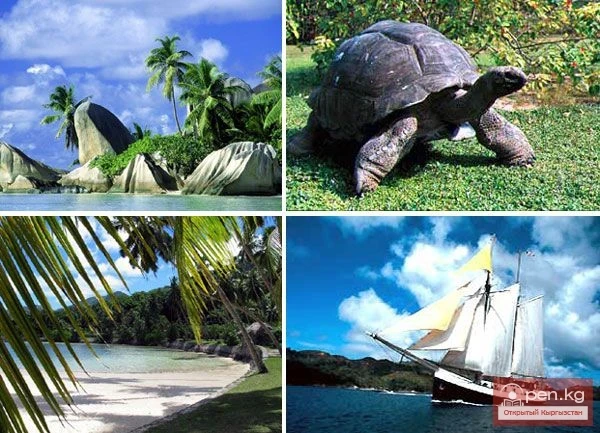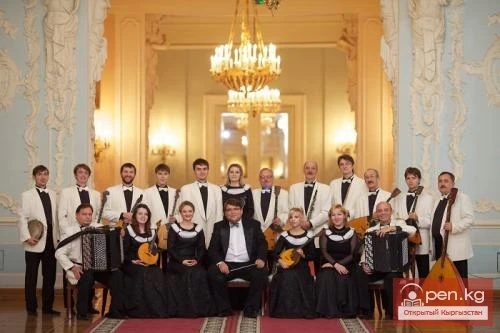Guatemala. Republic of Guatemala
A country in the northwest part of Central America. Area - 109 thousand km². Capital - Guatemala City (over 2 million). Administrative division - 22 departments. Population - 12.3 million - Guatemalans; of which 43% are indigenous people (mainly K'iche' groups), Spanish-speaking (Spanish-indigenous) mestizos (ladinos) - 55%, others - 2% (2004). The official language is Spanish, spoken by about 60% of the population. 23 languages from the Maya group are officially recognized. The dominant religion is Catholicism; the country has the largest Protestant community in Central America. The indigenous population practices traditional cults. The currency is the quetzal.
It has diplomatic relations with the Russian Federation (established with the USSR on April 19, 1945, normalized on April 4, 1991). On August 1, 1992, the Guatemalan government recognized the Russian Federation as the successor state of the USSR.
The national holiday is September 15 - Independence Day (1821).
Guatemala is a presidential republic. The constitution adopted in 1985 is in effect, with subsequent amendments. The head of state and government is the president (since January 14, 2004 - Oscar José Rafael Berger), elected by popular vote for a term of 4 years.
The legislative body is the National Congress (a unicameral parliament), consisting of 158 deputies elected by direct universal suffrage for a term of 4 years (the last elections were held at the end of 2003).
Political parties: The Grand National Alliance (GNA) - currently in power, has no party status, represents the interests of banking and industrial circles. Opposition parties forming a unified political platform - National Union of Hope (NUH), Alliance of a New Nation (ANN), Guatemalan National Revolutionary Unity (GNRU). An influential opposition force is the Guatemalan Republican Front (GRF), which was in power during the previous administration of A. Portillo (2000-2004). Other opposition parties: Patriotic Party, National Welfare Party, Alliance of a New Nation.
Trade union associations: Confederation of Trade Union Unity of Guatemala, National Workers' Center, Confederation of Agricultural Workers, Professional Union of Workers of Guatemala, Guatemalan Workers' Union.
The territory of modern Guatemala, populated by indigenous tribes, was conquered by the Spaniards in 1523-24. The established Captaincy General of Guatemala later included almost all of Central America and part of modern Mexico. On September 15, 1821, the country's independence was proclaimed, and from 1823 to 1839 it was part of the federation of the United Provinces of Central America.
In 1945, a constitution was adopted. In 1952, agrarian reform and nationalization of part of foreign corporations' property were carried out.
After the military coup in 1954, supported by the USA, military regimes ruled the country until 1985, alternating with each other.
In 1985, the first democratic general elections were held, in which the candidate from the Democratic Action Party, M. V. Cereso, won. In the subsequent elections in 1990, the representative of the Solidarity Action Movement, J. Serrano Elias, won, but he was removed by the military leadership in response to his unconstitutional actions to dissolve the National Congress and the Supreme Court of the country. On June 5, 1993, the National Congress elected the well-known human rights defender and former human rights prosecutor R. de León Carpio as president until 1996.
In 1991, negotiations began in the country between the government and the Guatemalan National Revolutionary Unity (GNRU) rebels, who had been waging an armed anti-government struggle for more than 36 years (during which over 200,000 people died or went missing). This process was marked by the signing of comprehensive agreements on human rights, the return of refugees, democratization, education, etc. According to the signed Peace Agreement in December 1996, members of the GNRU combat groups handed over their weapons and military equipment under the supervision of the UN. At the same time, a purge was carried out in the corrupt ranks of the armed forces and police to subordinate the army to civilian authorities. From 1995 to 2004, the UN Verification Mission in Guatemala (MINUGUA) operated in the country, facilitating compliance with the peace agreements.
In 1999, elections were held in Guatemala, in which the representative of the GRF, A. Portillo, won, taking steps to strengthen democratic principles, promote constitutional reforms, and implement structural changes in the economy. The presidential elections held at the end of 2003 resulted in the victory of the GNA candidate O. Berger, who took a course towards further democratization of the country and implementation of peace agreements, stabilization of the economy, financial and tax reform, and combating corruption and crime. At the initiative of his administration, significant reductions in the armed forces were carried out, a Commission for the Investigation of the Activities of Illegal Security Forces in Guatemala was formed, and the opening of a representative office of the UN High Commissioner for Human Rights in the country was initiated.
Guatemala is a member of the UN (since 1945), OAS (since 1948), CAIS, the Non-Aligned Movement, and other international and regional organizations.
Guatemala is one of the economically developed countries in Central America. 30% of GDP and over 60% of foreign exchange earnings come from agriculture. The main agricultural crops are coffee, sugarcane, cotton, and bananas. In 2004, GDP grew by 2.6% and amounted to 27.2 billion dollars. The external debt is 4.65 billion dollars, the internal debt is 1.7 billion dollars, and the inflation rate is 9.2%.
Guatemala's exports in 2004 amounted to 5 billion dollars, and imports were 9.5 billion dollars. Leading trading partners are the USA (share in exports - 53%, imports - 39%), Central American countries, Japan, Germany, and Mexico. Guatemala exports coffee, sugar, vegetables and fruits, meat, textiles, wood, and oil. The main import products are fuel, machinery and equipment, fertilizers, and building materials.
The internal transport network of the country is poorly developed. Railways have not been in operation since 1985 due to their dilapidated condition. Paved roads total 14,000 km. There are trading and fishing ports on the coasts.
Guatemala has deposits of metal-containing ores - gold, titanium, lead, zinc, nickel, antimony, mercury, tungsten, chromium, silver, many of which are being developed with the predominant participation of Canadian, American, and Mexican companies. The country has natural gas deposits, and oil is extracted in small quantities.
According to official data, life expectancy in Guatemala is 65 years; the literacy rate is 69%. More than half of the country's population lives below the poverty line, with 21.5% living in extreme poverty.
There are 5 universities. Among the main daily newspapers are "Prensa Libre," "Siglo Veintiuno," "Periódico," "Hora," and the only government publication - "Diario de Centroamérica." There is 1 government and 5 commercial television channels, and 110 radio stations.

